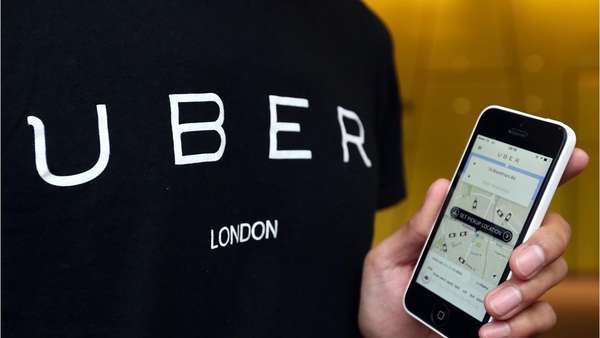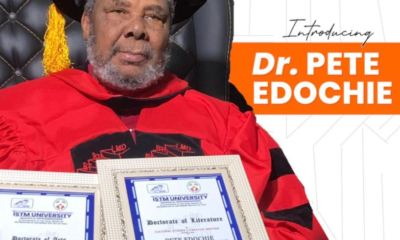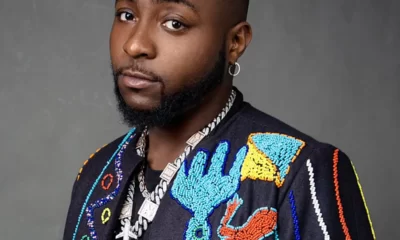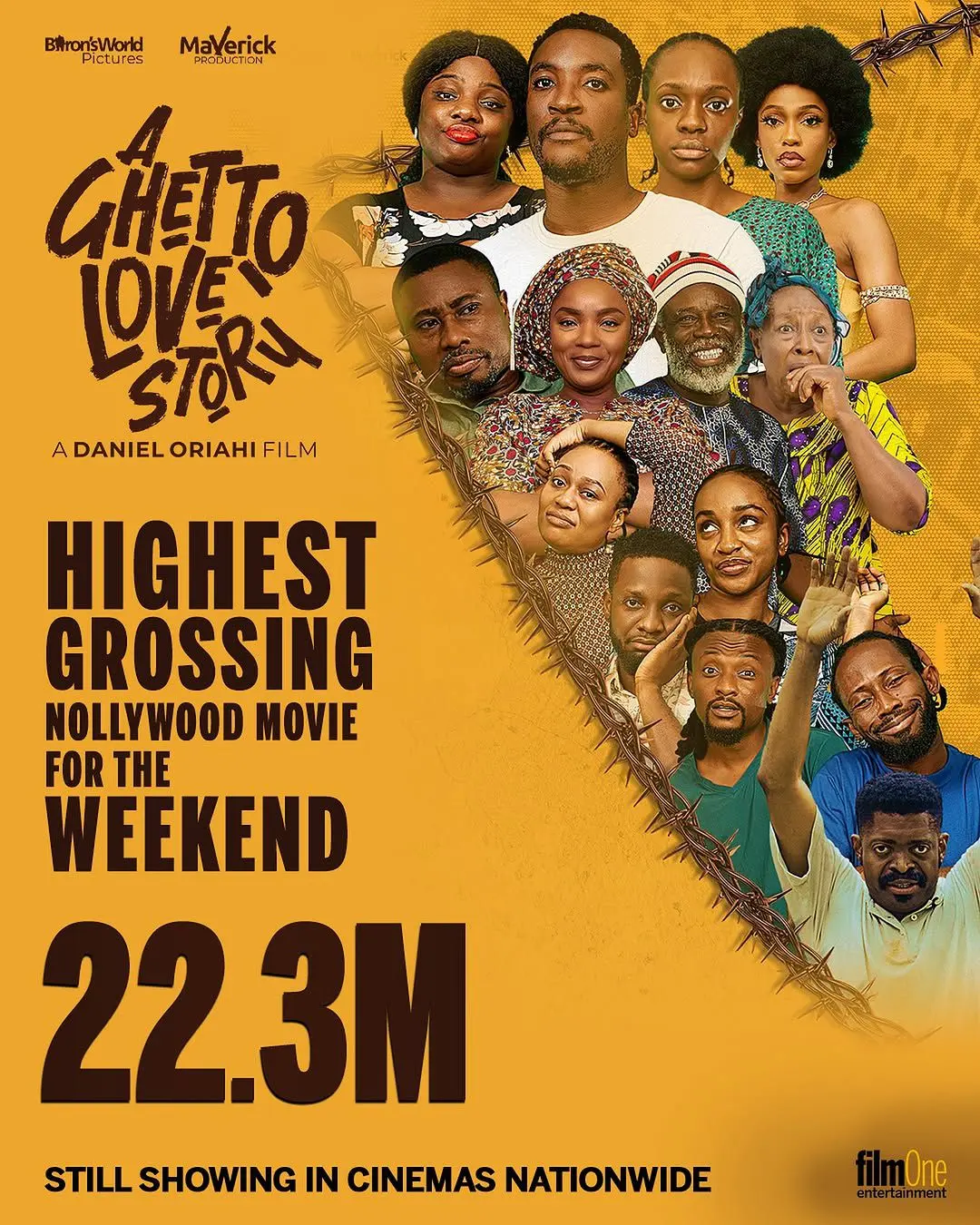More than 600,000 people have signed a petition calling for Transport for London to reverse its decision to strip Uber of its licence in the capital, which the company’s chief executive suggested could delay the rollout of electric vehicles and wheelchair-accessible transport.
The Observer also understands that 20,000 Uber drivers have emailed the mayor of London, Sadiq Khan, who defended TfL’s decision on Saturday amid a growing backlash. “I know that Uber has become a popular service for many Londoners – but it would be wrong for TfL to license Uber if there was any way this could pose a threat to Londoners’ safety,” Khan said.
“As mayor of London I welcome innovative new companies that help Londoners by providing a better and more affordable service – but providing an innovative service is not an excuse for not following the rules. All companies in London must play by the rules and adhere to the high standards we expect – particularly when it comes to safety.”

UK Guardian reports that Unions and Labour MPs have welcomed the decision. Wes Streeting, who chairs the all-party parliamentary group on taxis, described it as a “courageous” move.
He said: “It finally draws a line in the sand to make it clear that no company, however big and powerful, will be allowed to flout our laws and regulations or jeopardise Londoners’ safety without facing serious consequences.”
But an increasing number of customers have expressed dismay at the news. Saturday night the Save Your Uber in London campaign on the Change.org website had gained nearly 600,000 signatures.
“That is the fastest-growing petition we’ve seen in the UK this year,” Kajal Odedra, UK director at Change.org, said.
TfL took the decision not to renew Uber’s licence for security and safety reasons. But the company, which intends to appeal, is puzzled as to why these issues were not raised during the renewal process. Uber passed its annual compliance audit in April but a series of pre-scheduled meetings with TfL were cancelled. Requests to meet Khan were also rejected.
Khan said: “I have every sympathy with Uber drivers and customers, affected by this decision but their anger really should be directed at Uber. They have let down their drivers and customers by failing, in the view of TfL, to act as a fit and proper operator.”
The mayor did, though, hint that a compromise could still be on the cards.
“I suspect it will take some time before this situation with Uber fully plays out,” Khan said. “In the meantime, I will continue to help support innovative businesses in London and to create a vibrant and safe taxi and private hire market.”
The former transport minister Lord Adonis tweeted that there was a need to find a way forward short of banning Uber. “On Uber, right course is for TfL to set out precisely & reasonably what Uber needs to do & give them chance to do it. Then happy Londoners,” he wrote.
Uber’s new chief executive, Dara Khosrowshahi, used a global email to staff to warn that TfL’s decision could “have profound negative consequences for the 40,000 drivers who depend on Uber for work and the 3.5 million Londoners who rely on Uber to get around”.
“It’s particularly discouraging that this is happening in the UK, where the team has led the way on partnerships to increase the number of wheelchair-accessible and electric vehicles on the road,” Khosrowshahi said.
He acknowledged that globalised businesses could not ignore what happened at the local level: “It really matters what people think of us, especially in a global business like ours, where actions in one part of the world can have serious consequences in another.”

 INTERNATIONAL5 days ago
INTERNATIONAL5 days ago
 FASHION5 days ago
FASHION5 days ago
 MOVIES4 days ago
MOVIES4 days ago
 FAB FRESH4 days ago
FAB FRESH4 days ago
 DRINKS2 days ago
DRINKS2 days ago
 MOVIES5 days ago
MOVIES5 days ago
 ENTERTAINMENT5 days ago
ENTERTAINMENT5 days ago
 MUSIC5 days ago
MUSIC5 days ago

















































